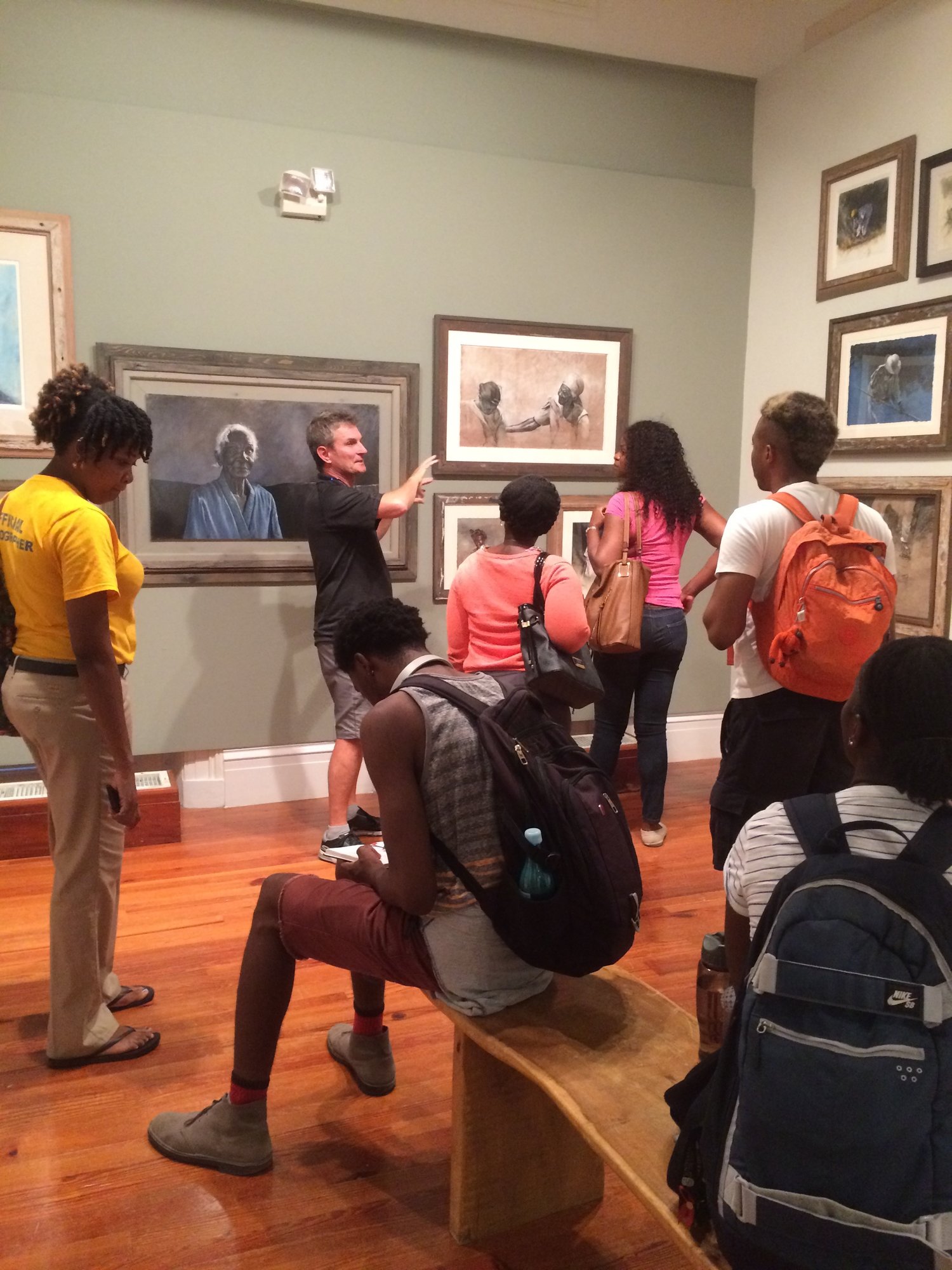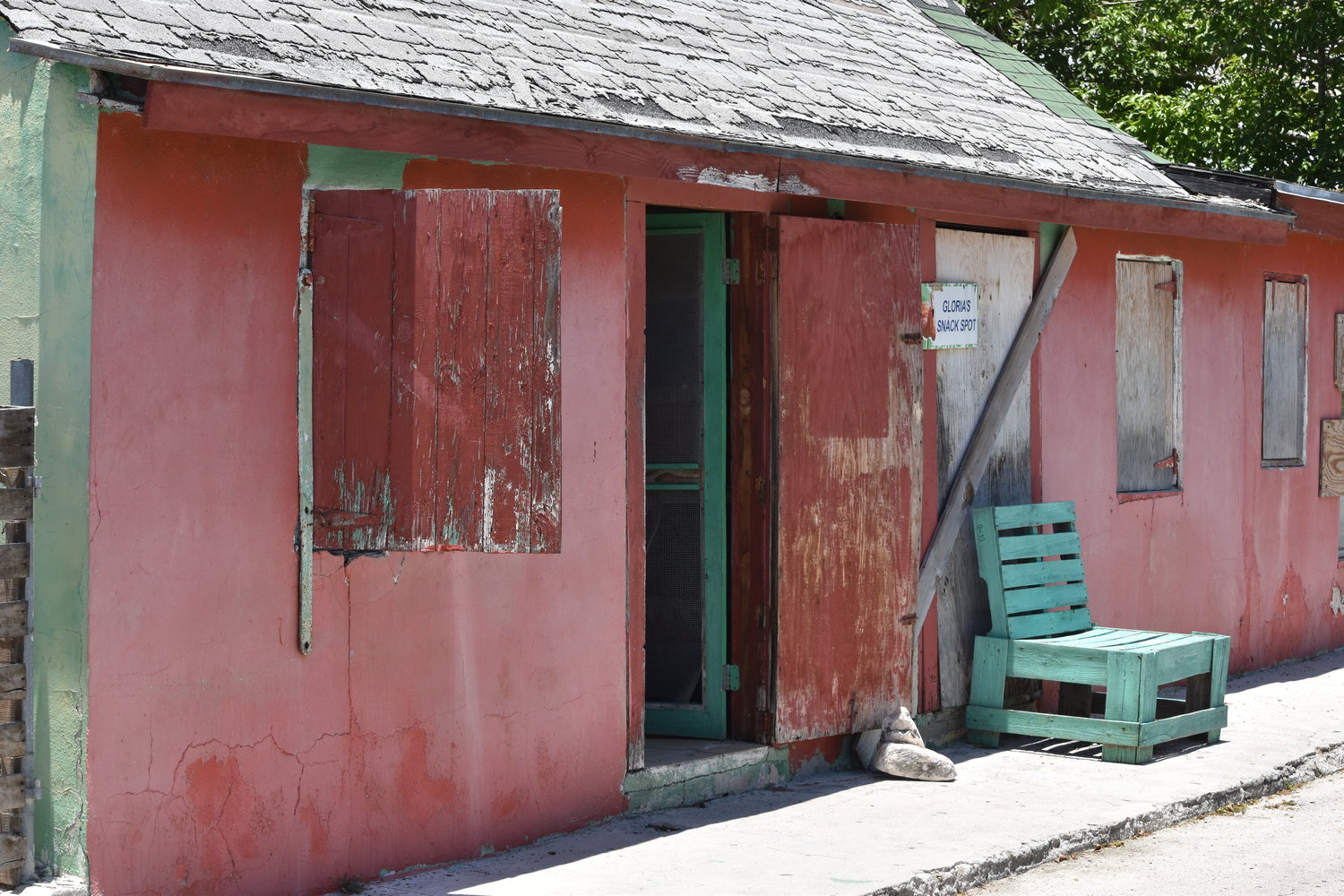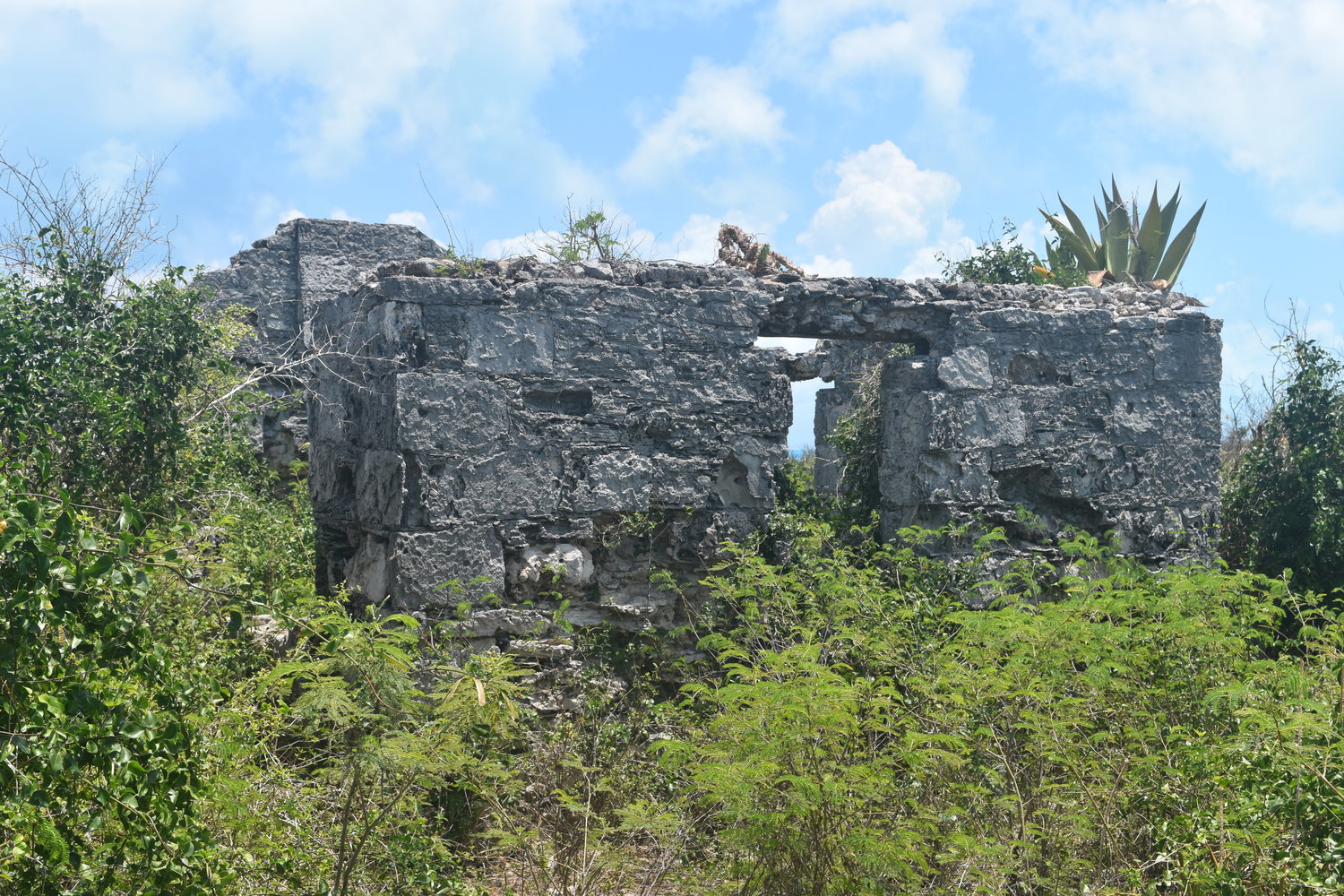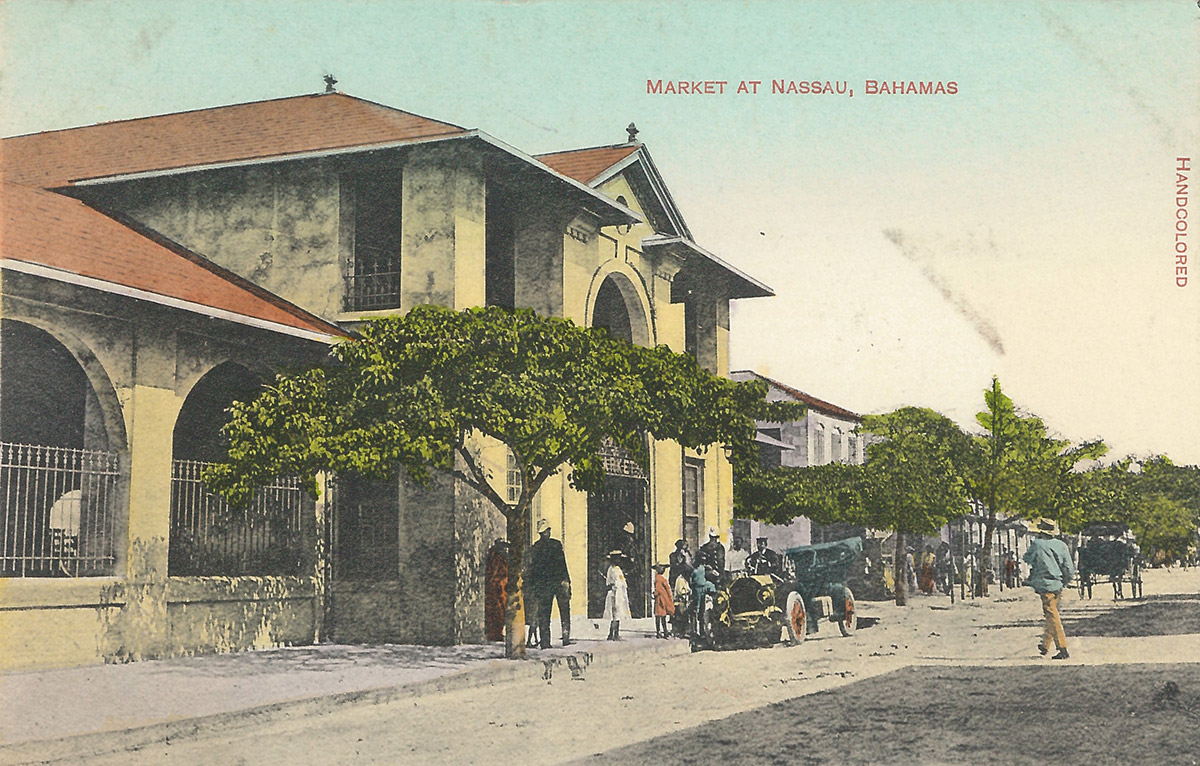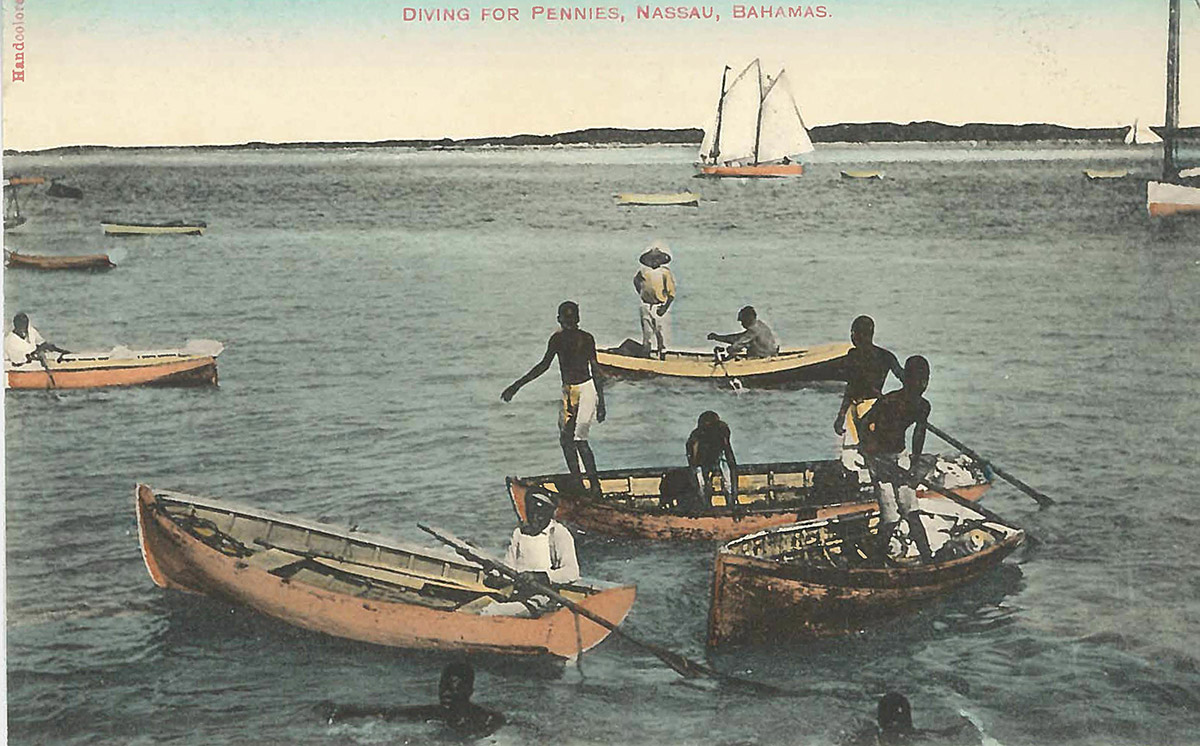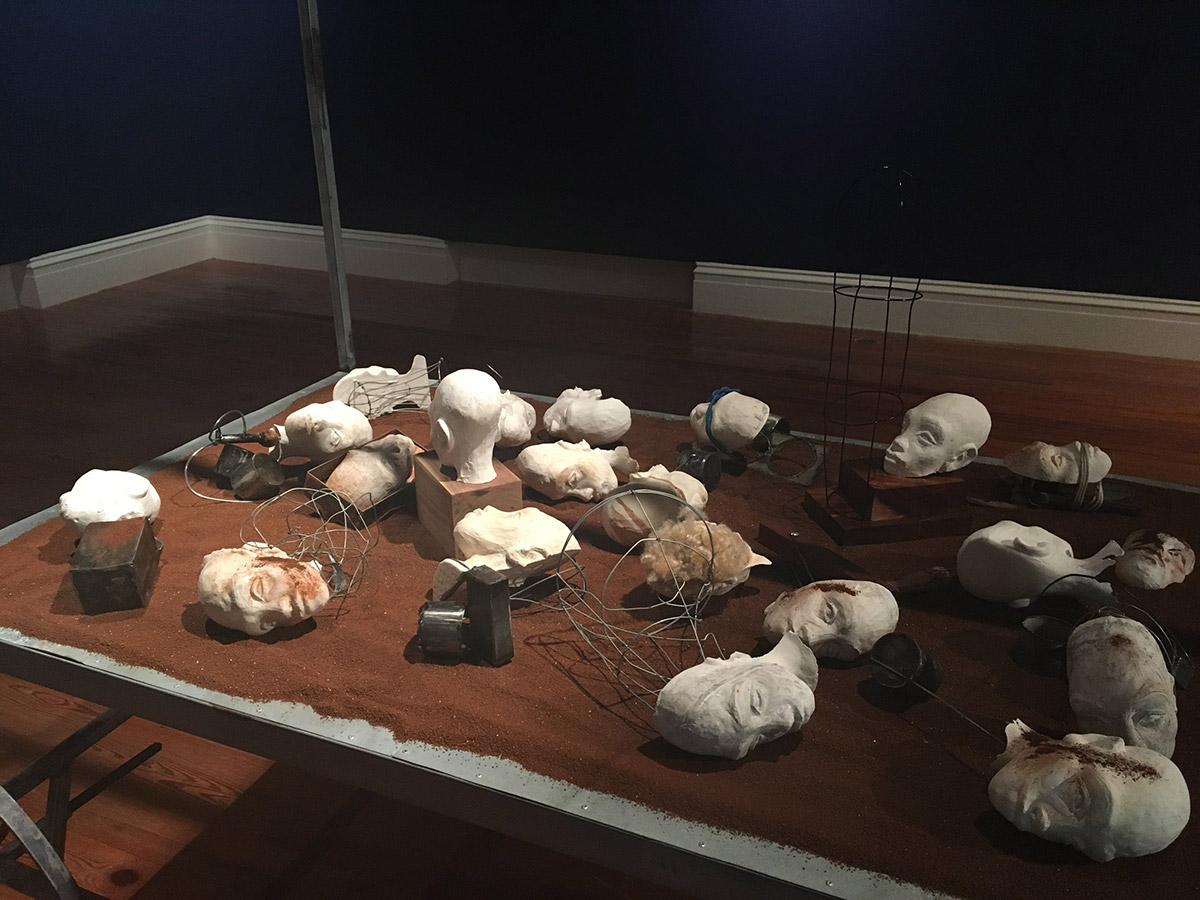By Dr Ian Bethell-Bennett. Art is a well-known document of history. All types of creative expression chronicle the moment they depict. Portraits, much like those on display in Museo Nacional del Prado in Madrid are examples of this, especially the Goyas, for example. This column chooses to focus on the interlocking of art and history: “Art History,” its learning and teaching. So much happens in this somewhat fraught intersection between art and history, especially in a country like ours, where scant attention is paid to culture, except for its commodification and consumption.
All posts tagged: Ian Bethell-Bennett
Losing Our Steps: Intangible Culture, Living Memory, and the Space for a Culture to Exist
By Dr. Ian Bethell-Bennett. “And thy heaven that is over thy head shall be brass, and the earth that is under thee shall be iron. The LORD shall smite thee with madness, and blindness, and astonishment of heart. Deuteronomy 28: 23 + 28.” I cannot say why this quote from Los pasos perdidos (1953) by Alejo Carpentier the Cuban writer and musicologist resonates with the work of capturing or documenting cultural heritage in the Southern Bahamas. However, these words capture beyond reason so much of what time has done in these islands. We, as a people, also treat Bahamians as if they were second-class citizens in their country. The system of paradise and exploitation, created during piracy and continued during colonialism, is not about white against black but rather about a system of exploiting those who cannot—or are not allowed—to speak for self because they are repeatedly told they do not have souls, they are not human and they should be grateful to be allowed to be near such greatness.
Cultural Development and Investment: The Recognition of Our Cultural Heritage
Cultural heritage, shockingly, is actually not unique to or owned by a people unless it is inscribed as such. So, as a nation, we think we are the sole practitioners of Junkanoo the way we perform it on Boxing Day morning and New Year’s Day morning, however, this unique cultural relationship does not endow us, The Bahamas or the Bahamian people with the right to use Junkanoo as we wish. We do not own the practice nor do we benefit from it, despite the fact that whenever we are invited as a country to an arts or culture festival we tend to drag an entire Junkanoo group with us. The nation and the state have been historically irresponsible when it comes to officially claiming and so protecting our cultural heritage.
Cultural Heritage & Erasure: “Protecting our inheritance and patrimony”
How do we forget that when we lose our tangible culture, we actually also lose our intangible culture? They usually go together. Culture is not just a product that we package and sell. It is actually a process, a way of life, a rhythm that is embodied in a place. Exuma and Long Island, Acklins and Bimini have very different rhythms. They do not all practice Rake ‘n’ Scrape the same way, nor do they cook the same dishes in the same fashion. Boat building on Abaco is different from boat building in Long Island; each community has its own identity and rhythm that does not conform to national structures.
Creating Thinking Spaces: Opportunity to Think, Build, and Grow
The University of The Bahamas and the National Art Gallery of The Bahamas have created an open space for group discussion that allows students to benefit from the offering of both spaces. This relationship allows culture to truly be highlighted. As much as we talk about culture, we often disconnect our experiences from talk. These lectures are designed to promote thought and unshackle minds blinkered by a dysfunctional system designed to create workers without a sense of self, or an identity that can transcend the 9 to 5 and the 21 by seven of the mundane.
‘The Past meeting Future in the Present?’: Breaking open the imagination.
Dr. Ian Bethell-Bennett writes: As University of The Bahamas students work to design smart, green, locally-responsive, environmentally-attuned drawings for the Expo 2020 World Fair to be held in Dubai, United Arab Emirates in three years’ time, the nation also prepares to be under the microscope on the world’s stage.
’21st-Century Needs’: The cultural task to survive and thrive
During the United Nations Small Islands Developing States symposium held at the Meliá Cable Beach, we saw firsthand the importance of the Sustainable Development Goals (SDGs), once referred to as the Millennium Development Goals (MDGs), but since the end of the first decade of the 21st-Century now called the SDGs. We also understand the need for our participation in disparate events and groups such as the World Fair, Expo 2020, Creative Nassau, Sustainable Nassau and Sustainable Exuma along with Bimini Blue, Save The Bays and other organizations that seek to move us out of the unsustainable downward spiral we are currently on. As has been noted by international and local experts, our culture is fragile, and we cannot survive and thrive, nor can we adapt without understanding where we are and where we would like to go from here. Cultural sustainability, then, relies on environmental sustainability and good policy to promote national longevity.
Colonial Desires in the 21st-Century: Using Our Image Purposefully
Images can create wealth, or they can be used to create ideas of paradise that serve only to silence those who occupy the place of paradise. Can we begin to use new art or contextualized images to tell a story that sells a place to the world that builds local and resident brands instead of disempowering them?
Civil Engagement as Culture: Unearthing Voices
Our culture, as long as we wish it to be, is alive in those feet that pound the streets because they do not have cars, in the rubber that heads north every morning and south every night to earn money to survive. The fear of suffering is as strong as the possibility of death by silence, though silence kills like cancer that eats away at our fibre and when we are asked, who do we think we are? What dare we answer?
Art, Culture, and Representation: Reflecting on Self and Nation
Representation in art tends to be the ability of art to reflect on to capture the trueness of life. It is not a sketch of naturalistic or impressionistic images, but a ‘true’ to life picture of what we see. However, what we see can always be influenced, changed or distorted by our position, our vantage point, and bias or where we stand. We can look out at sea and see a glare of whiteness as the sun reflects off the water’s surface.
